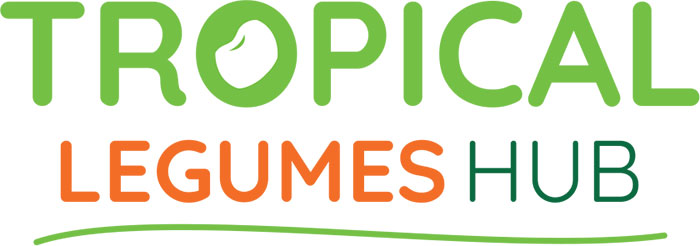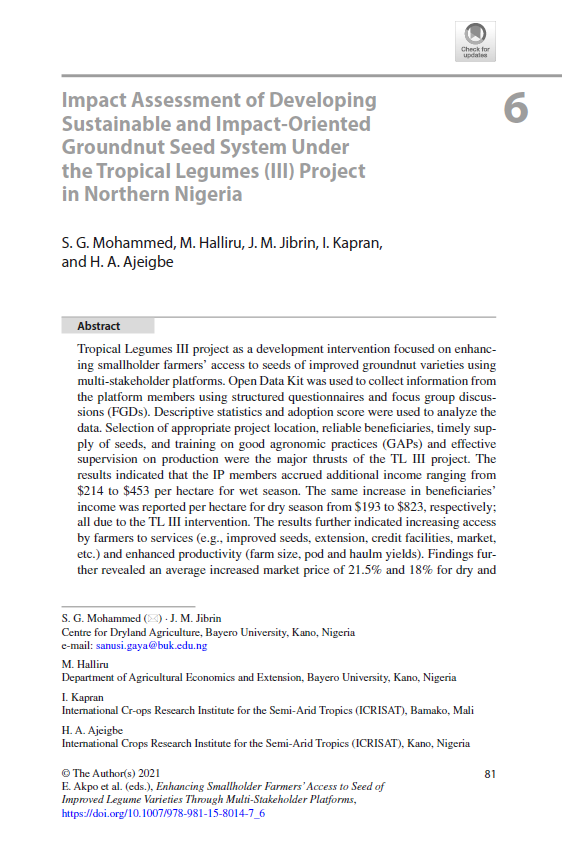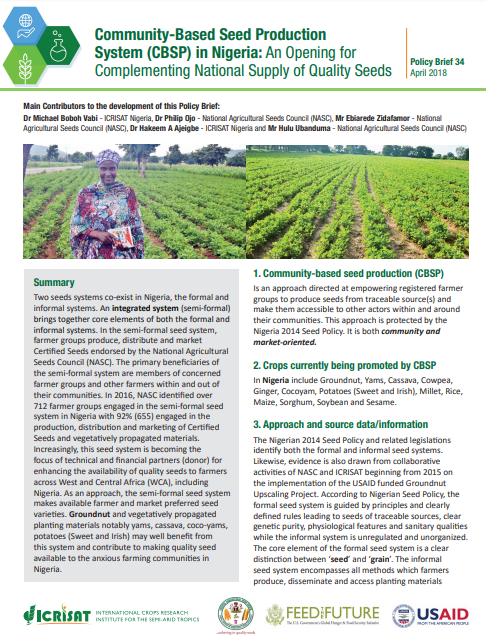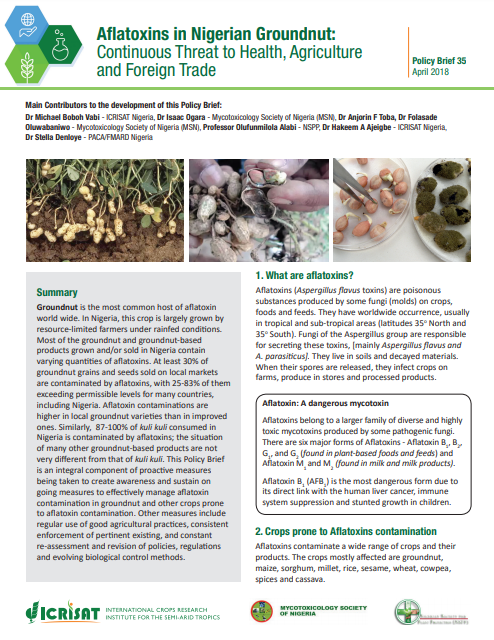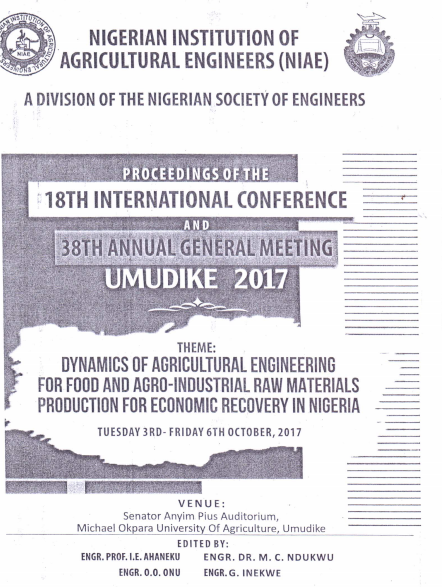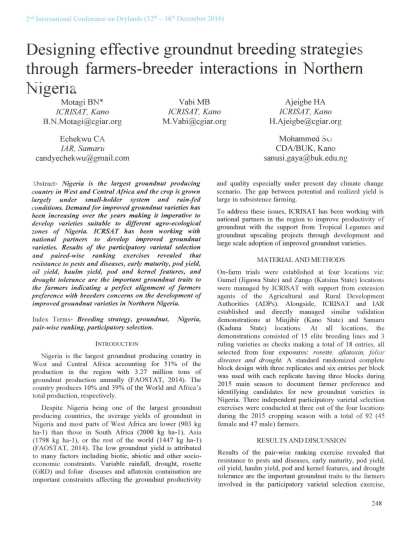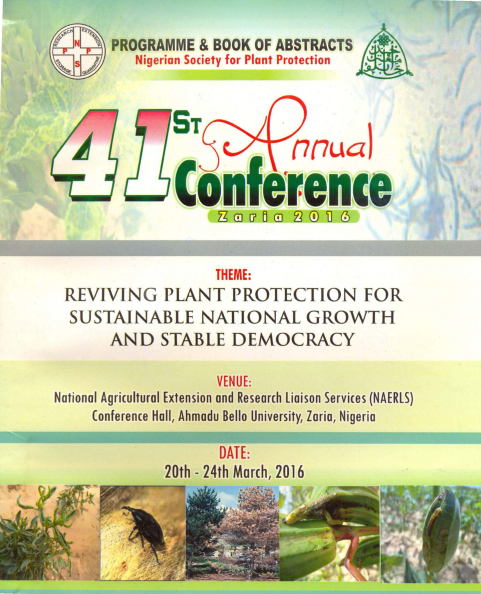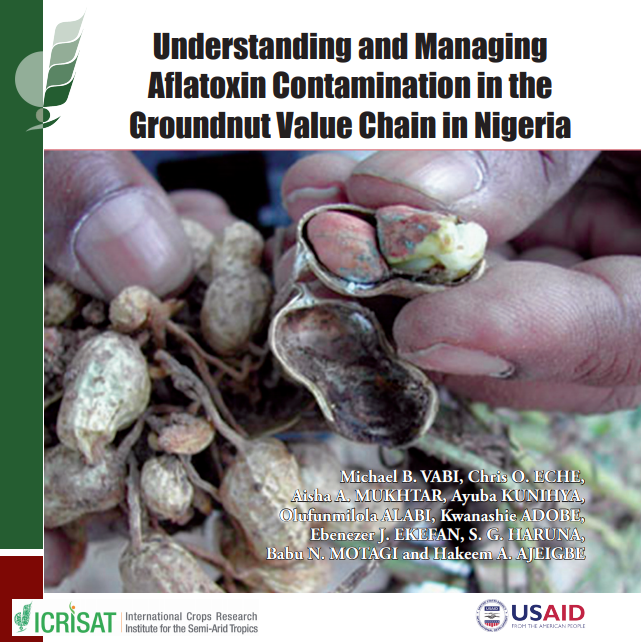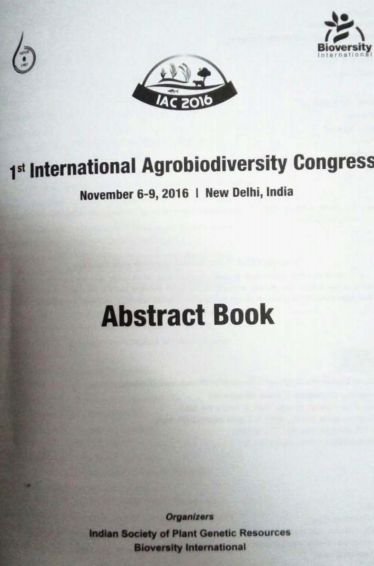Enhancing Smallholder Farmers’ Access to Seed of Improved Legume Varieties Through Multi-stakeholder Platforms (Impact Assessment of Developing Sustainable and Impact-Oriented Groundnut Seed System Under the Tropical Legumes (III) Project in Northern Nigeria: Chapter 6 of 14)
Chapter 6 of a book that shares the experiences of TL III in facilitating smallholder farmers’ access to seed of improved legume varieties through innovation platforms in seven developing countries for the past 12 years.
Project: TLIII
File type: PDF (576.74 KB)
Community-based seed production system (CBSP) in Nigeria: an opening for complementing national supply of quality seeds
This policy brief provides an overview of an integrated seed system (semi-formal) which brings together core elements of both the formal and informal systems. In the semi-formal seed system, farmer groups produce, distribute, and market certified seeds endorsed by the National Agricultural Seeds Council (NASC).
Project: TLIII
File type: PDF
Aflatoxins in Nigerian groundnut: continuous threat to health, agriculture and foreign trade
This Policy Brief is an integral component of proactive measures being taken to create awareness and sustain on-going measures to effectively manage aflatoxin contamination in groundnut and other crops prone to aflatoxin contamination.
Project: TLIII
File type: PDF (1.90 MB)
Evaluation of an animal drawn groundnut digger for improved productivity of groundnut farmers in semi-arid West Africa
This conference paper presents the results of a field experiment conducted with two groundnut varieties to measure the operational performance and the effectiveness of an animal drawn groundnut digger on pod, fodder loss and pod loss.
Project: TLIII
File type: PDF (3.48 MB)
Agronomic evaluation of cowpea cultivars developed for the West African Savannas
This study evaluated diverse cowpea genotypes developed over the past four decades in the Nigerian Sudan Savannas for their agronomic performance and to identify groups of cultivars with similar quantitative characters.
Project: TLIII
File type: PDF
Designing effective groundnut breeding strategies through farmer-breeder interactions in northern Nigeria
This study presents the results of a groundnut participatory varietal selection exercise in northern Nigeria, which revealed that resistance to pests and diseases, early maturity, pod yield, oil yield, haulm yield, pod and kernel features, and drought tolerance are the most important groundnut traits for farmers.
Project: TLIII
File type: PDF (1.06 MB)
Pre-empting aflatoxin contamination in legume and cereal farming systems in northern Nigeria: a case study of the groundnut value chain
This study presents preliminary results of pre-emptive measures being undertaken by the International Crops Research Institute for the Semi-Arid Tropics and national partners on the management of aflatoxin contamination in the groundnut value chains of selected states in northern Nigeria.
Project: TLIII
File type: PDF (852.57 KB)
Understanding and managing aflatoxin in the groundnut value chain in Nigeria
This manual provides general and specific information on aflatoxin contamination and its management at all stages of the groundnut value chain in Nigeria.
Project: TLIII
File type: PDF (3.12 MB)
Germplasm enhancement for increasing groundnut productivity and production in West and Central Africa
This conference paper discusses current efforts to deploy modern breeding approaches and tools to enhance genetic gains and support national groundnut breeding programs in West and Central Africa.
Project: TLIII
File type: PDF (188.13 KB)
Performance of Groundnut Genotypes under Millet Based Intercropping Systems in Sudan Savanna of Nigeria
The productivity of two spatial arrangements of pearl millet-groundnut intercrops was studied in the Sudan savanna of Nigeria during the 2014 rainy at three locations.
Project: TLIII
File type: PDF (279.54 KB)
